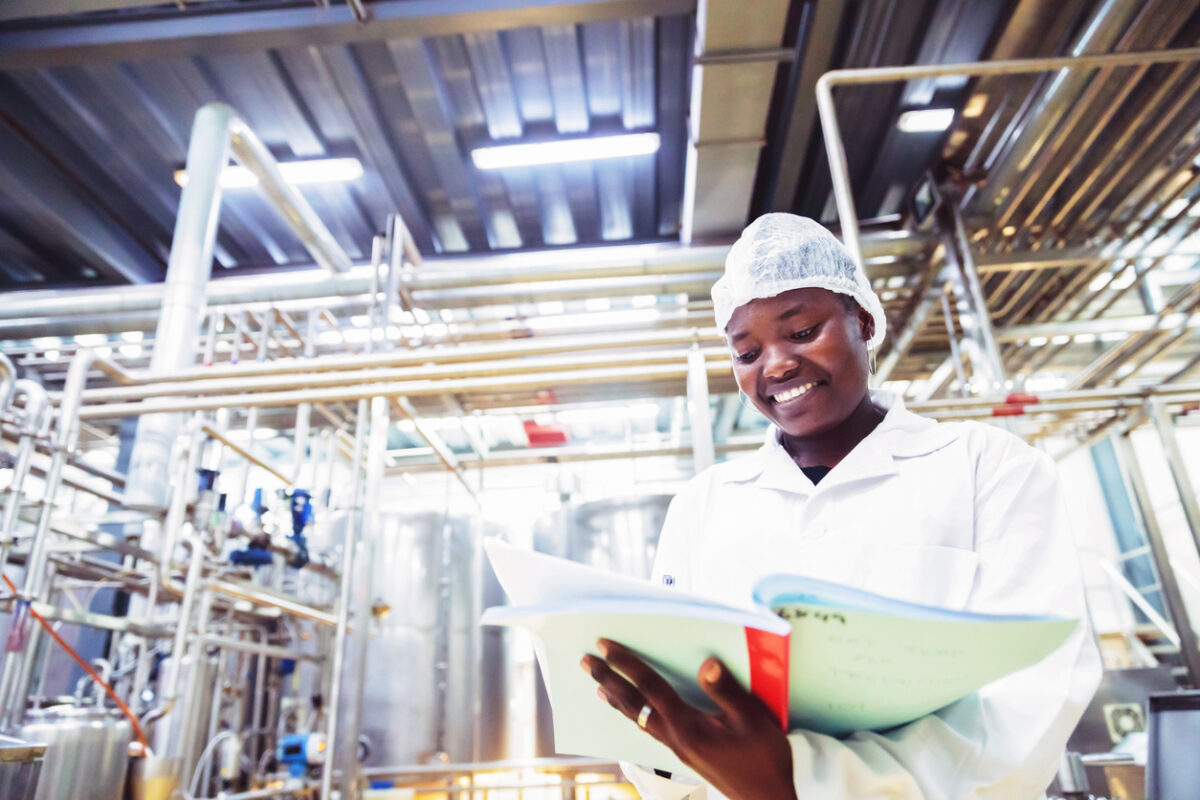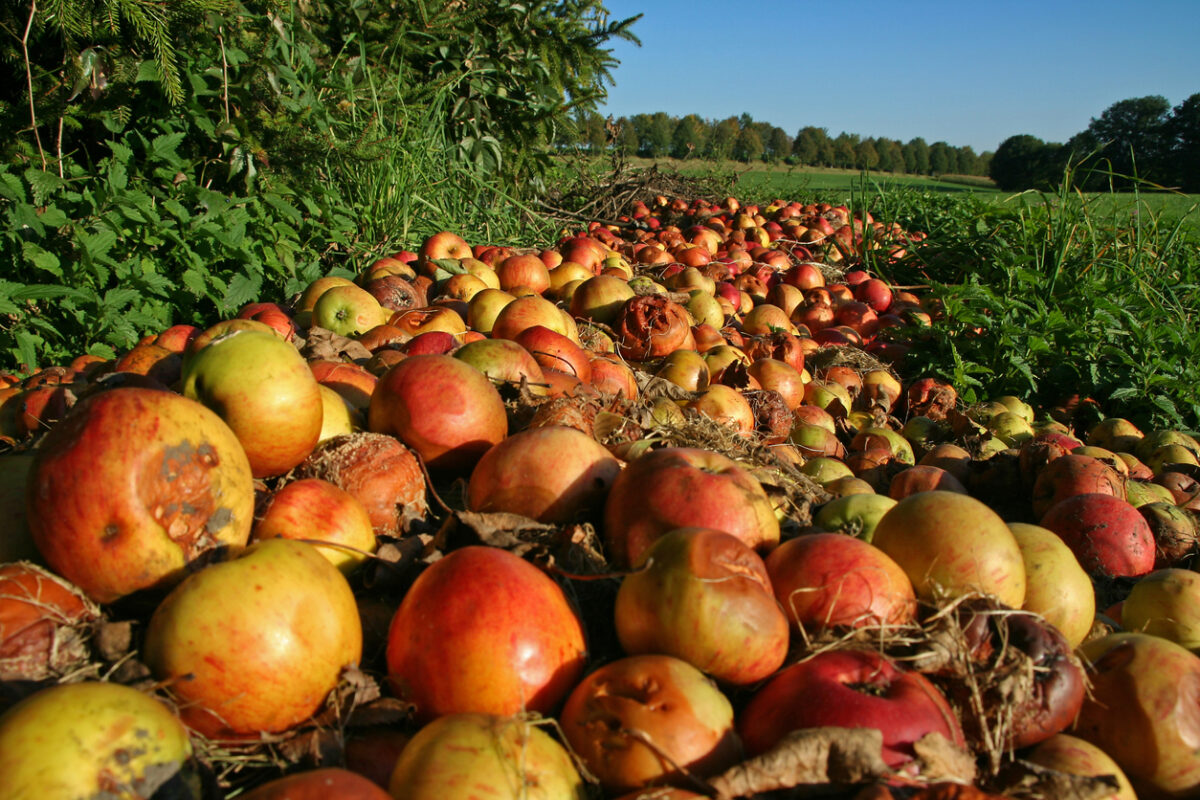Better support needed for farmers’ mental health in EU say MEPs

Members of the European Parliament’s agriculture committee (AGRI) have called for a new initiative to improve farmers’ mental health in the EU, following the release of a report which details the danger to psychological well-being experienced in their profession.
In a meeting this week, AGRI MEPs discussed the findings from the Review on the Future of Agriculture and Occupational Safety and Health report, commissioned by the European Agency for Safety and Health at Work (EU-OSHA).
According to the report, the agriculture and forestry sector has some of “the most dangerous professions in Europe”. There have been more than 500 registered deaths per year in the industry and more than 150,000 non-fatal accidents in the last 10 years. It also notes there is likely significant under-reporting of fatal and non-fatal accidents in the sector throughout Europe.
In a speech to the committee, Representative of the International Centre for Advanced Mediterranean Agronomic Studies (CIHEAM) and co-author of the review, Alun Jones, stressed the importance of looking after agricultural workers’ health, especially with farming being “a profession under pressure.”
Psychosocial issues were highlighted as one of the major emerging and continuing health and safety risks for the sector in the report. The EU-OSHA claims the problem is both not being managed sufficiently and is underestimated due to the insufficient data available on the subject for all European countries.
The high rate of farmers taking their own lives is a particularly worrying statistic, Jones said. A survey conducted by France’s public health agency in 2018 revealed the suicide rate for farmers was 20% higher than the national average. More research is needed to review and address the scale of the problem across Europe, Jones continued.
A range of stress factors contribute to deteriorating mental health in farmers, according to the report. These include climate change and its unpredictable impact on crop growth and farmers’ health (for instance in a heat wave), as well as ongoing financial challenges.
“Farmers need to be looked after,” Jones said. “They’re the ones producing our food and they have multiple stress factors, and part of this picture is not just about the hard risks and accidents, it’s about their psychosocial wellbeing.
“I hope that when the Commission brings out its mental health programme next year it will also build farmers into this issue.”
Pesticide-related risks, musculoskeletal disorders (such as tendonitis or muscle and tendon strain), skin cancer, and zoonoses (diseases passed from animals to humans) were also named in the study as major “continuing risks” for the sector that deserve more attention.
Life-limiting chronic diseases and cardiovascular disease were also said to affect over 60% of agricultural workers.
While introducing new technologies was cited as being able to bring great improvements to the agricultural sector, Jones warned MEPs of the risks new tech brings.
“It’s the same old problem with new tech in agriculture – it’s the investment, it’s how long it takes to do that investment, it’s not going to sort out the problems tomorrow”, he said in the meeting.
The report also underlined new tech as being a stress factor, with issues around data security and the monitoring of workforce performance through wearable technologies being predicted to increase workers’ stress.
Several recommendations were made in the review to tackle such challenges, including a need to increase reporting on accidents and ill health in the farming sector for self-employed workers, boosting investment and uptake of smart and safer equipment and machinery, and finding ways to address the growing risks related to climate change and occupational health.
Labour shortages have significantly affected the UK’s agricultural sector over the past year. Learn more about how it is disrupting the food industry and what can be done to solve the issue in this Food Matters Live Podcast episode:








